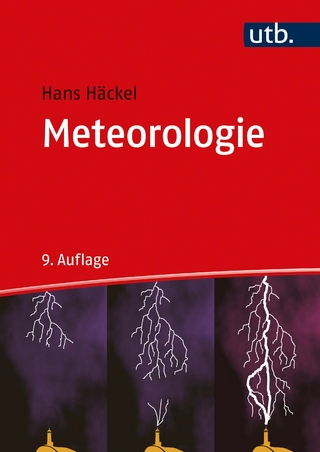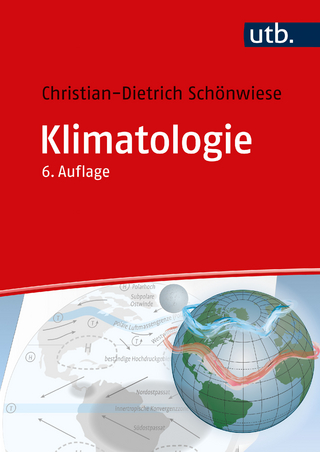
Effective Rates Collection Via GIS Application. The Case of Lusaka City Council, Zambia
Seiten
2020
|
20001 A. 1. Auflage
GRIN Verlag
978-3-346-10316-1 (ISBN)
GRIN Verlag
978-3-346-10316-1 (ISBN)
- Titel nicht im Sortiment
- Artikel merken
Master's Thesis from the year 2018 in the subject Geography / Earth Science - Cartography, Geographic Information Science and Geodesy, University of Zambia, course: Geodesy and Geoinformatics, language: English, abstract: The aim of this research is to develop a GIS based Tax Information System that would improve the effectiveness of collecting property or ground rates by enabling spatial query, visualization, efficient updating and processing of property tax records. The strength of a GIS based Information system developed lies in the capability to incorporate all the spatial and non-spatial property tax information.Property tax is one of the most important sources of revenue for the Lusaka City Council and accounts for nearly one third of its annual revenues. This source of revenue is the least tapped but significant fiscal support to urban governments in Africa and the rest of the world. Rates are in essence a local tax paid by occupiers of land and buildings as a contribution towards the provision of services. One of the major topics of discussion in Zambia has been the issue of decentralization which would entail more responsibilities placed on the local authorities. This added responsibility requires effective means of raising funds and one major source is through property taxes. Since rates are payable on immovable property it is impossible to avoid paying them and therefore local authorities have a stable form of income.Lusaka Council has major challenges in effectively collecting property taxes because there isn't an integrated system connecting the available maps and the information contained in the valuation roll (non-spatial). This greatly affects the efficiency of the revenue collection process thereby affecting the total amount budgeted for from collections. Having an electronically managed tax database (spatial data) would be advantageous as many studies have indicated that the efficiency of tax collection can be improved and a higher degree of transparency achieved.
| Erscheinungsdatum | 15.02.2020 |
|---|---|
| Sprache | englisch |
| Maße | 148 x 210 mm |
| Gewicht | 169 g |
| Themenwelt | Naturwissenschaften ► Geowissenschaften ► Allgemeines / Lexika |
| Schlagworte | application • CASE • City • Collection • Council • Effective • Lusaka • rates • Zambia |
| ISBN-10 | 3-346-10316-1 / 3346103161 |
| ISBN-13 | 978-3-346-10316-1 / 9783346103161 |
| Zustand | Neuware |
| Haben Sie eine Frage zum Produkt? |
Mehr entdecken
aus dem Bereich
aus dem Bereich
Physische Geographie und Humangeographie
Buch | Hardcover (2020)
Springer (Verlag)
109,99 €


